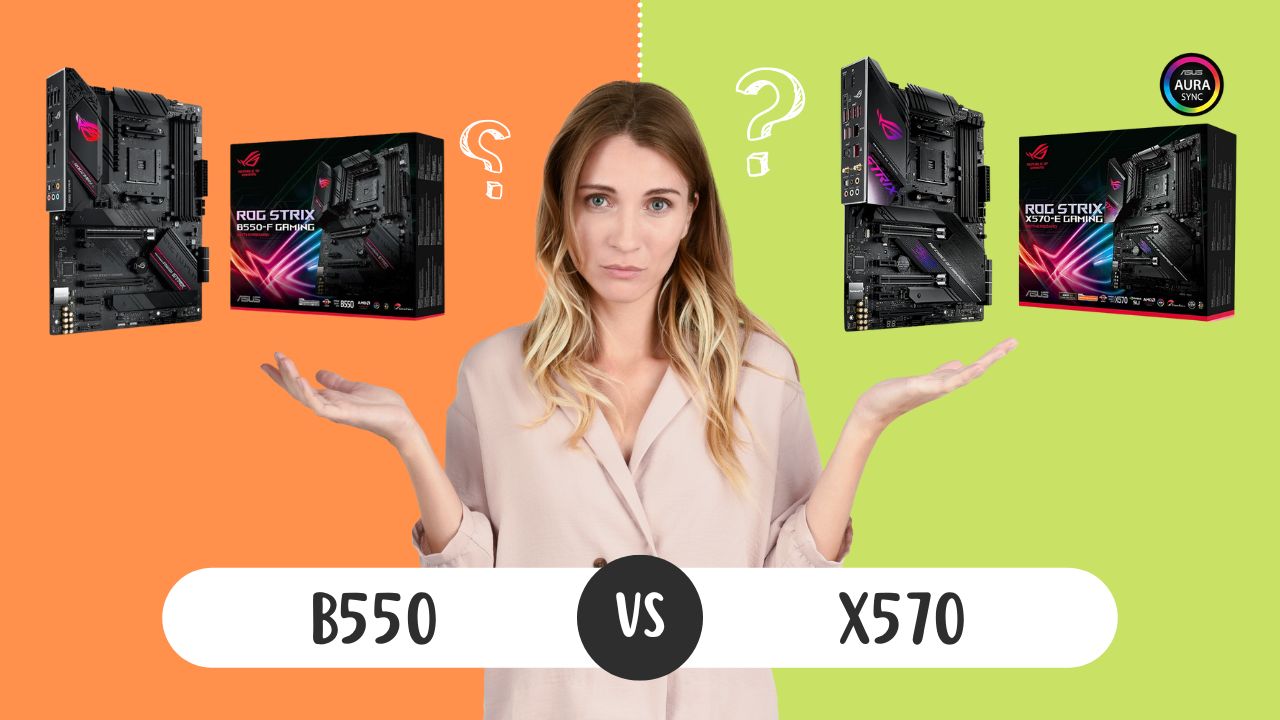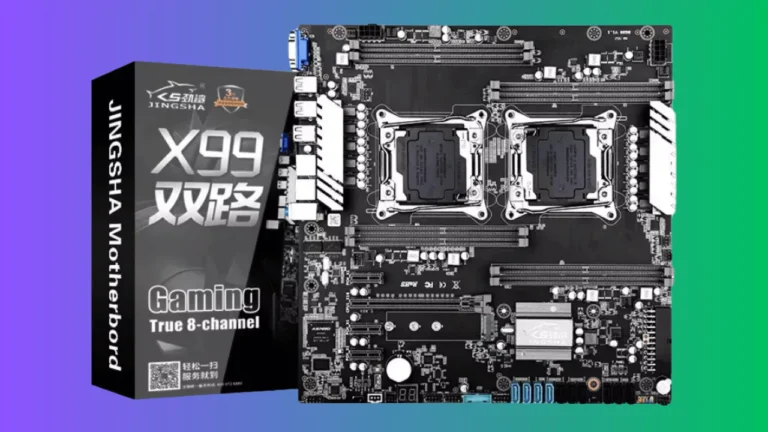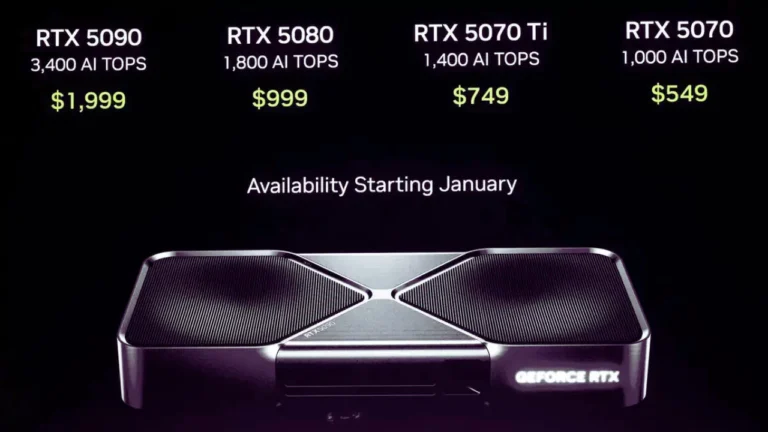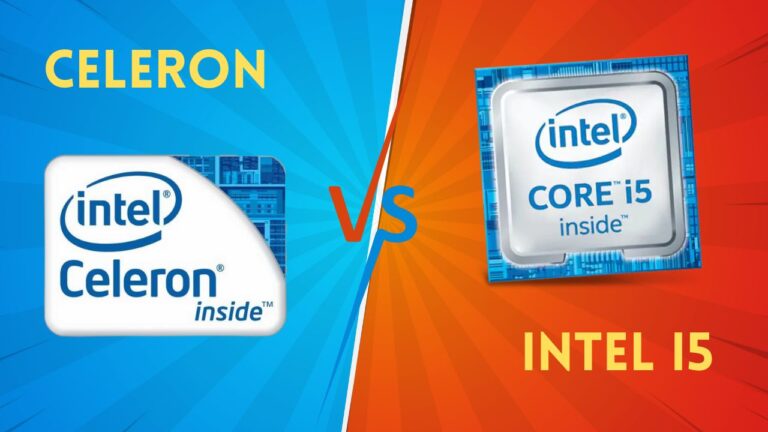Let’s face it: decisions can be hard, especially when it comes to choosing the right motherboard. But fear not! With this blog, we’ll do the hard work for you and compare two of AMD’s finest offerings – the B550 and X570 motherboards. Let’s dig in and find out which board reigns supreme!
AMD’s latest lineup of B550 motherboards has been released in response to the demands of consumers looking for an upgrade to their gaming systems. With its improved support for the latest Ryzen CPUs and a variety of features, gamers are sure to find just what they need in the new AMD B550 motherboards. However, many users may be wondering how it holds up when compared to the more expensive X570 boards which are geared toward PC enthusiasts and gamers.
In this article, we will discuss the differences between AMD’s new B550 chipset and its predecessor, the X570. We will compare their specifications, costs, and features to help you decide which one is best suited to your needs and budget.
Overview of AMD B550 Motherboard
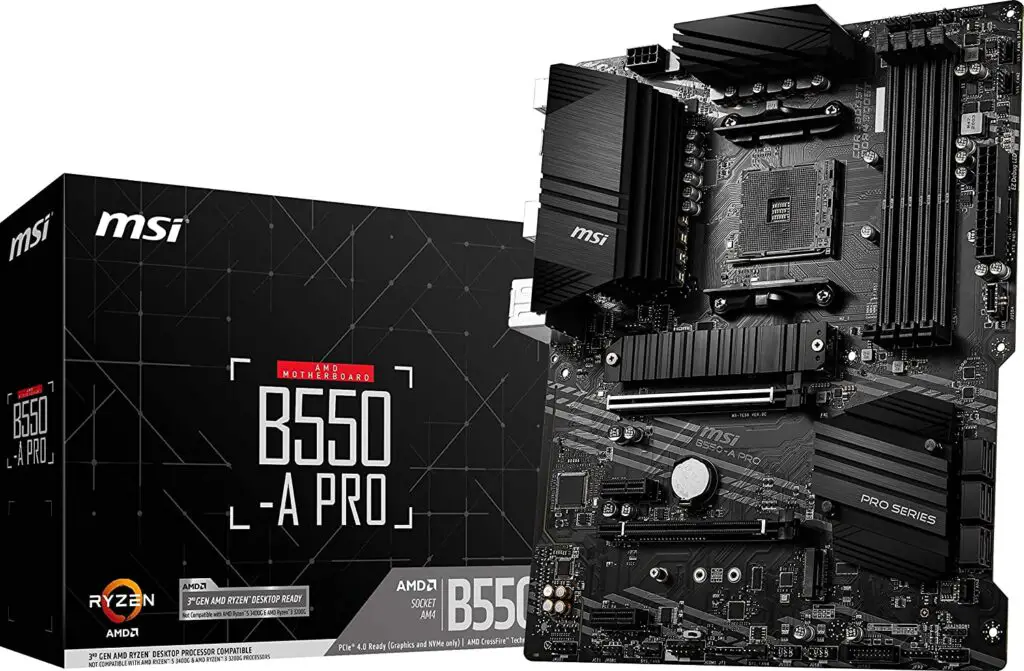
The AMD B550 motherboard is the latest in the line of mid-range offerings from AMD. This latest offering utilizes the new B550 chipset, which has been designed to provide support for both current and upcoming Ryzen processors. It boasts a wide range of features, including support for PCIe 4.0, DDR4 memory overclocking, and high bandwidth M2 storage slots.
Additionally, it provides connectivity in the form of USB 3.2 Gen 2 ports as well as Wi-Fi 6 and Bluetooth 5.1 features for enhanced wireless performance. In addition to all these features, it also comes with an array of fan headers for better airflow control and temperature regulation within your system. All in all, the B550 motherboard is an excellent choice for users looking for an affordable yet feature-rich solution for their desktop PC builds.
Overview of AMD X570 Motherboard
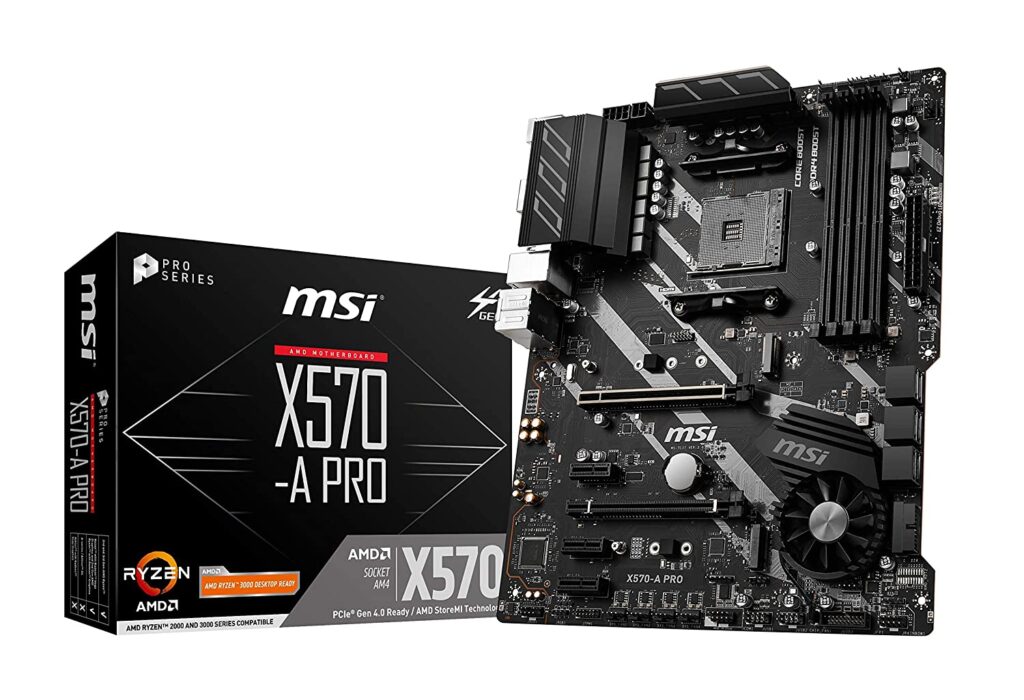
AMD X570 motherboards are the latest technology in desktop motherboard design, offering comprehensive support for the second-generation Ryzen processors from AMD. These boards come with a wide range of features and improvements, including superior overclocking capabilities, support for high-speed memory modules up to DDR4/4133+ speeds, PCIe 4.0 support for better performance on graphics cards and NVMe storage devices, extended USB power delivery options, and robust I/O protection technology.
At the same time, X570 motherboards come with improved power delivery systems that provide greater stability and efficiency when overclocking your system or using more intensive applications. They also use high-grade components, like premium inductors, for better durability and reduced electrical noise. With all of these features, X570 motherboards offer an ideal platform to bring out the full potential of your AMD Ryzen processor.
Performance Comparison
Motherboards come in a variety of form factors, and each can offer very different features. For example, the AMD B550 and X570 chipset-based motherboards all offer different performance, feature sets, and prices, making it difficult for consumers to know which one is the best for their needs. In order to make an informed decision, it is important to understand the performance differences between these two chipsets so that you can choose a motherboard that is optimal for your system configuration and budget.
The AMD B550 chipset offers a great balance between function and cost efficiency. It is an ideal choice for PC builders who are looking for the highest performance without breaking the bank. The B550 chipset provides access to PCIe 4.0 technology as well as advanced overclocking options such as higher clock speeds, better RAM compatibility, and support for CPU core counts up to eight cores. In addition, it supports up to 32GB of RAM at DDR4-3200MHz speeds.
The X570 motherboard offers increased performance over its predecessor due to improved design features such as enhanced processor power delivery options, more efficient cooling solutions, and access to PCIe 4.0 x16 slots with faster graphics cards in mind. In addition, X570 motherboards are built with Ryzen 3000 CPUs in mind, meaning they are able to run their maximum memory speed when used with these CPUs (up to 4400 MHz).
However, this advantage comes at a price — as compared to B550 boards — as X570 boards generally cost more due to their enhanced power delivery design details, which allow them increased stability during overclocking procedures or when running heavier workloads like gaming or content creation activities without sacrificing efficiency ratings or other power saving technologies like CPU states support (C6/C7).
Connectivity Options
Both AMD B550 and X570 motherboards come with a range of connectivity options, allowing you to create an ideal setup based on your individual requirements. Both chipsets support up to 12 USB ports (9 on the rear panel and 3 headers) over various generations, including USB 3.2 Gen 1, USB 3.2 Gen 2, and USB 4 (X570 only). All of the latest standards for WiFi and Bluetooth are also available via dedicated components or by utilizing an adapter.
For wired networks, both chipsets provide support for Ethernet connections with speeds up to 10 GbE in certain instances, allowing for a more reliable connection than WiFi in most cases. For maximum connectivity across both copper and optical cables, the X570 offers 2.5 Gbps LAN as well as 10 Gbps dual-band Wi-Fi 6E with Bluetooth 5.2 support.
The choice between an AMD B550 and X570 motherboard will ultimately depend on your needs now and in the future for scaling your system, as both offer plenty of features for creating an ideal setup—just pick which features you need most!
Price and Other Features Comparison
When comparing the B550 and X570 motherboards, the X570 tends to be substantially more expensive. This is primarily due to its higher level of bandwidth for both PCIe 4.0 and USB 3.2 Gen 2 data transfer speeds, as well as additional I/O support for SATA and M.222110 devices. The B550 motherboards, meanwhile, offer several high-end features such as dual M.2 ports and SLI/Crossfire GPU support, making them an attractive choice for budget-conscious consumers who don’t need all the bells and whistles of an X570 motherboard.
To help you better understand how these two boards compare in terms of price and features, we’ve compiled a list of comparison points below:
Price: The B550 motherboards tend to cost significantly less than their X570 counterparts, with premium models starting at around $100.
Data Transfer Speeds: The X570 offers PCIe 4.0 and USB 3.2 Gen 2 speeds, compared to the B550’s PCIe 3.0 and USB 3.2 Gen 1 speed, respectively.
I/O Support: The X570 is capable of supporting up to two M.2 drives, while the B550 can only manage one, but they both feature two SATA ports, each altogether with RAID 0/1/10 options available on certain motherboard models from each series.
CPU Socket Support: While X570 offers support for Ryzen 3000+ series CPUs, the B550 restricts users to Ryzen 2000+ series chipsets instead (although select higher-end models may offer compatibility with a select few 4000+ series processors.)
Overall, it’s important to consider how much value you get from both options when choosing between a B550 or an X570 motherboard, as they both offer some level of value depending on what you prioritize when it comes to performance needs versus budgetary constraints.
Pros and Cons
When considering the purchase of an AMD motherboard, it is important to understand the differences between the two available series. The AMD B550 and X570 motherboards both have their advantages, but understanding which type is right for your needs will help ensure you make the right choice. Here are some pros and cons to consider when comparing these two motherboards.
Pros of B550:
Price: The AMD B550 series boards are much more affordable than their X570 counterparts.
Compatibility: B550 boards are backward compatible with older generations of Ryzen CPUs, providing more options for existing buyers.
Pros of X570:
Performance: With more PCIe lanes and higher throughput speeds, the X570 motherboards offer improved performance over the B550 boards.
Overclocking: X570 motherboards allow owners to overclock CPUs for improved performance.
Cons of B550:
Limited storage options: The limited number of M2 slots on an inexpensive platform could limit storage options depending on your needs.
Cons of X570:
Price does not always equal performance: While overall performance may be better with an expensive board such as the X570, features can vary widely from board to board and may not always produce a substantial premium in terms of real-world gaming or productivity gains compared to lower-end models. This could make purchasing a more expensive model an unnecessary cost in some cases.
Conclusion
To summarize, the B550 is a good choice for those looking to save money on a mainstream platform and don’t need the very latest and greatest hardware. The X570 is a better choice if you want great performance combined with SLI support, overclocking capabilities, and multiple high-speed ports.
So when deciding between the B550 vs X570 motherboards, you will need to consider your needs, budget, and performance requirements. The B550 is more affordable and delivers great value for those who don’t need bleeding-edge features, while the X570 offers advanced features for gaming enthusiasts and power users who demand more from their systems.
FAQs-
Is the B550 better than the X570?
It depends on your specific needs and budget. The B550 is generally less expensive and has fewer features than the X570, but it may still be a good option for some users. It is important to compare the specific features and specifications of both chipsets to determine which one is the better fit for you.
Which is more future proof X570 or B550?
It is difficult to predict which chipset will be more “future proof,” as this can depend on a variety of factors such as the specific features and capabilities of each chipset, as well as the evolving needs and requirements of users. However, the X570 chipset generally has more features and capabilities than the B550 chipset, which may make it a better option for users who want a motherboard that is more fully-featured and capable of supporting a wider range of hardware and software.
Is AMD B550 a good motherboard?
The AMD B550 motherboard can be a good option for some users, depending on their specific needs and budget. It is a mid-range chipset that offers a good balance of features and affordability, and is compatible with a wide range of AMD processors. Some users may prefer the B550 over more expensive chipsets if they do not need all of the additional features and capabilities that those chipsets offer.
Is a X570 motherboard worth it?
Whether or not a X570 motherboard is worth it depends on your specific needs and budget. The X570 chipset is generally more expensive and has more features than other chipsets, so it may be a good option for users who need a fully-featured motherboard or who are looking to build a high-performance system. However, if you do not need all of the additional features and capabilities that the X570 offers, or if you are working with a limited budget, a motherboard with a different chipset may be a better fit for you.
Is B550 enough for gaming?
The B550 chipset can be sufficient for gaming, as it supports a wide range of AMD processors and includes features such as support for PCIe 4.0, which can be beneficial for gaming. However, other factors such as the specific processor and graphics card that you choose can also have a significant impact on gaming performance. In general, a motherboard with a more expensive chipset such as the X570 may offer additional features and capabilities that could be beneficial for gaming, but it is not necessarily a requirement for all users.

